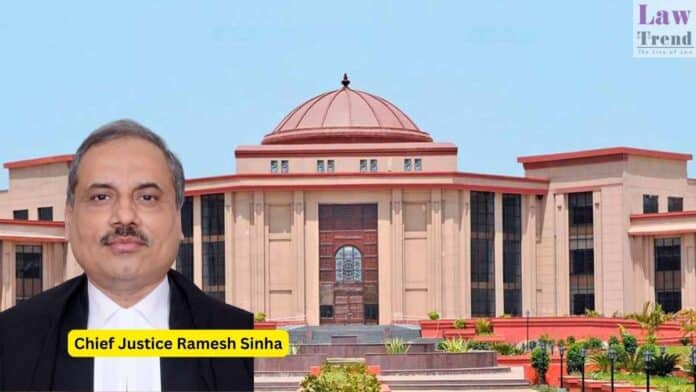The Chhattisgarh High Court has held that a consensual relationship that subsequently turns sour or results in estrangement cannot be a basis for initiating criminal prosecution under Section 376 of the Indian Penal Code. The ruling came in a criminal revision petition challenging the framing of rape charges by a trial court. The decision was
To Read More Please Subscribe to VIP Membership for Unlimited Access to All the Articles, Download Available Copies of Judgments/Order, Acess to Central/State Bare Acts, Advertisement Free Content, Access to More than 4000 Legal Drafts( Readymade Editable Formats of Suits, Petitions, Writs, Legal Notices, Divorce Petitions, 138 Notices, Bail Applications etc.) in Hindi and English.




